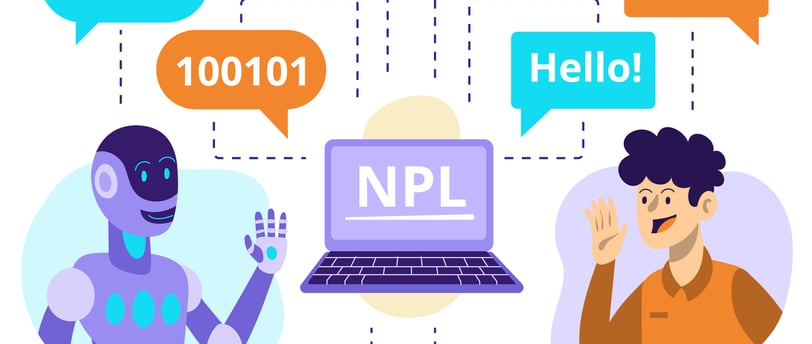AI and Natural Language Processing: What’s Next?
Discover the future of AI and Natural Language Processing (NLP) as we explore emerging trends like conversational AI, multimodal learning, real-time translation, and ethical AI development. Artificial Intelligence (AI) and Natural Language Processing (NLP) have undergone significant advancements in recent years, transforming the way humans interact with machines. From chatbots to real-time translation, NLP has already revolutionized multiple industries. But what’s next for this exciting field? Let’s explore the future of AI and NLP.
AI TECHNOLOGIES


More Human-Like Conversational AI
One of the most exciting developments in NLP is the enhancement of conversational AI. Future NLP models will become more context-aware, emotionally intelligent, and capable of holding meaningful discussions. AI will be able to detect emotions and respond with empathy, making digital interactions feel more human-like and engaging.
Multimodal AI: Beyond Text-Based Communication
The future of NLP will go beyond just text and voice. Multimodal AI will integrate language, images, and video, allowing machines to better understand human expressions, gestures, and even cultural nuances. This will improve accessibility, making AI more inclusive for people with different communication styles.
AI-Powered Content Creation and Editing
As AI writing tools evolve, they will help creators generate high-quality content faster and more efficiently. From crafting compelling blog posts to editing long reports, NLP-driven assistants will provide intelligent grammar suggestions, enhance readability, and even mimic specific writing styles.
Real-Time Translation with Higher Accuracy
Language barriers will continue to shrink as AI-powered translation tools become more accurate. Future NLP models will capture cultural context, idiomatic expressions, and regional dialects, making real-time multilingual communication smoother for businesses and individuals worldwide.
Personalized and Adaptive AI Assistants
AI-driven virtual assistants will no longer be one-size-fits-all. Future NLP applications will adapt to individual communication styles, learn user preferences, and offer more personalized responses. Whether for customer service or personal productivity, AI will anticipate needs and provide more meaningful interactions.
Ethical and Bias-Free NLP
AI models must be fair and unbiased to serve diverse global audiences. Ongoing research will focus on reducing biases in NLP, ensuring responsible AI usage, and making AI-powered systems more transparent. Ethical AI will be a priority as businesses and developers work toward more inclusive technology.
NLP in Healthcare and Education
AI-powered NLP is set to make a profound impact in healthcare and education. In healthcare, NLP can assist in analyzing medical records, automating documentation, and providing AI-driven mental health support. In education, AI tutors will offer personalized learning experiences, answer student questions, and break down complex concepts in an easily digestible manner.
Final Thoughts
The future of AI and NLP is brimming with possibilities. As these technologies continue to evolve, they will redefine industries, improve accessibility, and enhance the way humans interact with machines. However, ethical considerations and responsible AI development will be crucial in shaping a future where technology serves everyone fairly.
